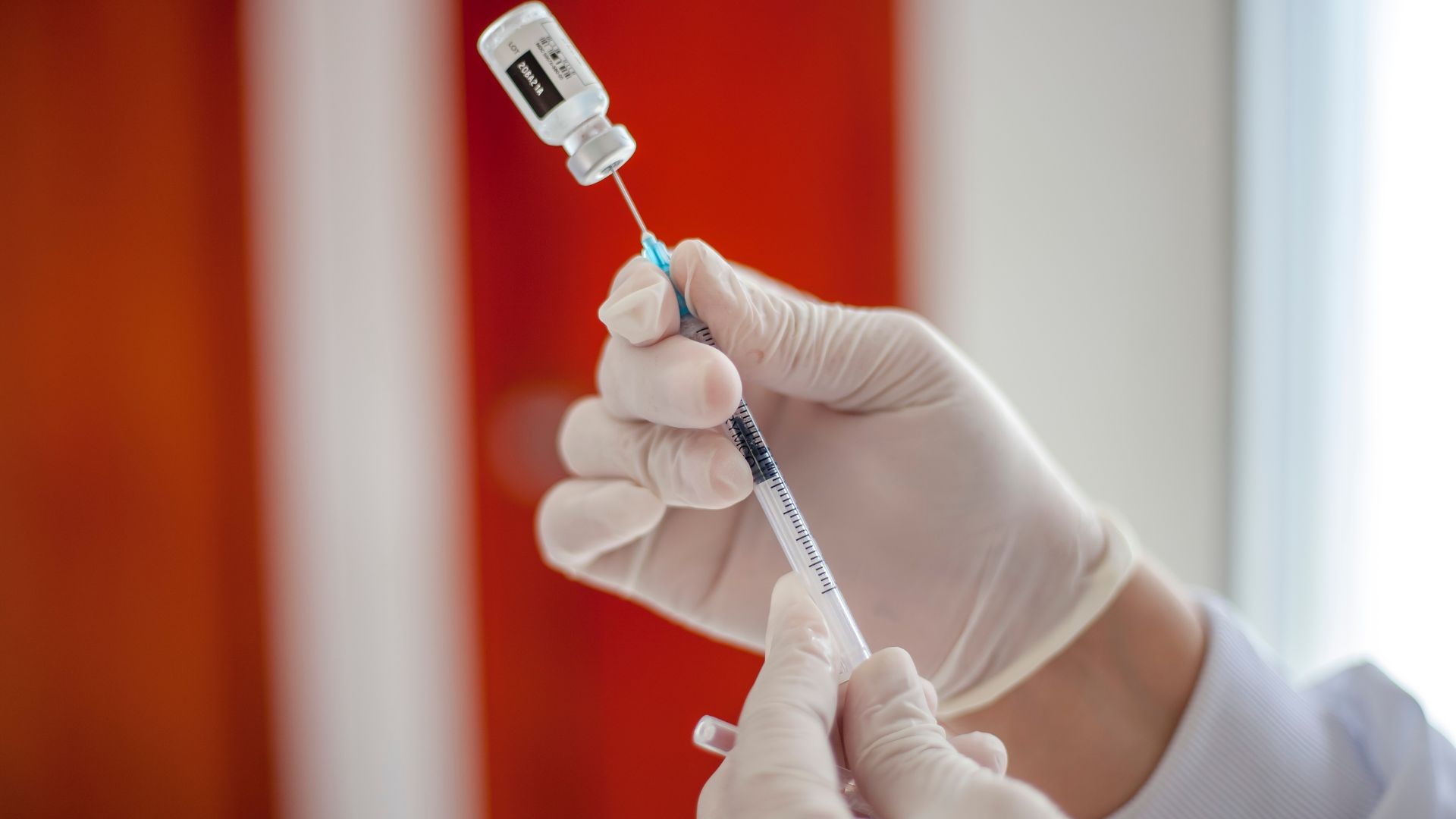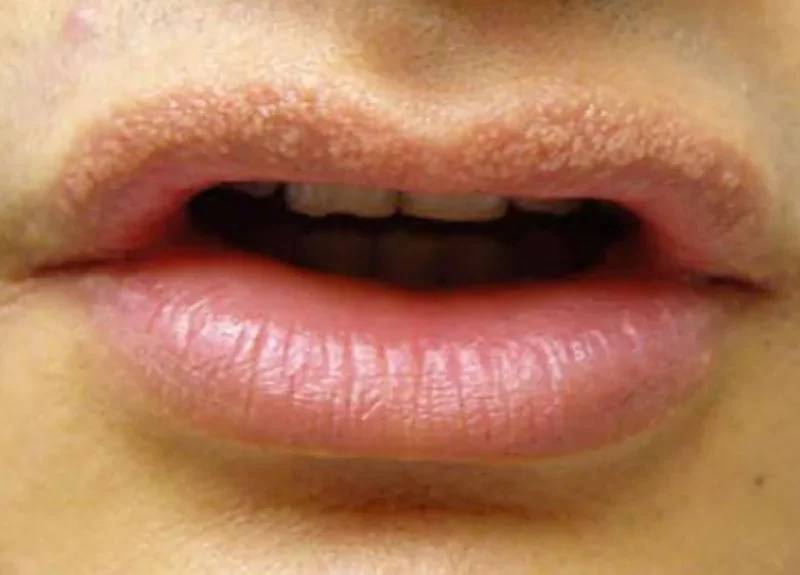As a doctor, one of the most important parts of my job is helping people understand how vaccines protect us from serious, and sometimes life-threatening, infections. One vaccine that doesn’t get talked about enough is the meningococcal vaccine. If you’ve ever wondered, “What is the meningococcal vaccine, and do I really need it?” — you’re in the right place.
What is the Meningococcal Vaccine?
The meningococcal vaccine protects against Neisseria meningitidis, the bacteria responsible for meningococcal disease. This includes meningitis (inflammation of the brain and spinal cord membranes) and septicemia (a dangerous blood infection). These infections can progress quickly and may cause serious complications or even death within hours.
There are two main types of meningococcal vaccines: ✔️ MenACWY – Protects against four types (A, C, W, and Y) of meningococcal bacteria. It’s typically given to preteens, teens, and certain high-risk adults. ✔️ MenB – Targets the B strain of the bacteria and is often recommended for older teens and young adults, especially those in communal living environments like college dorms.
Why is the Meningococcal Vaccine Important?
Meningococcal disease, while rare, is extremely serious. It can lead to:
- Brain damage
- Hearing loss
- Kidney failure
- Limb amputations
- Death
Because the disease spreads through respiratory droplets and close contact, it can rapidly affect people living in close quarters. That’s why the meningococcal vaccine is strongly recommended for college students, military recruits, and travelers going to regions where the disease is common.
Who Should Get the Meningococcal Vaccine?
According to CDC guidelines, the vaccine is recommended for: ✔️ Preteens and teens (ages 11–12) with a booster at age 16 ✔️ First-year college students living in dorms who haven’t been vaccinated ✔️ Military personnel ✔️ People with certain medical conditions, such as a damaged or removed spleen ✔️ Travelers to areas with high rates of meningococcal disease (e.g., parts of Africa)
Some adults may also need the vaccine depending on their health status and lifestyle.
What Are the Side Effects of the Meningococcal Vaccine?
Most people experience mild side effects, such as:
- Soreness or redness at the injection site
- Low-grade fever
- Fatigue or mild headache
Serious side effects are rare, and the benefits of protection far outweigh the risks. Always talk to your healthcare provider if you have any concerns about vaccine safety.
How Long Does the Protection Last?
The duration of protection varies by vaccine type. For MenACWY, protection generally lasts for about 5 years, which is why a booster is recommended at age 16. MenB offers shorter-term protection, so timing is important, especially before entering high-risk settings.
Final Thoughts
The meningococcal vaccine is a crucial tool in preventing devastating diseases that can affect the brain and bloodstream. If you or your child falls into a recommended group, don’t delay getting vaccinated. It’s a small step that offers big protection.
Have questions or want to share your experience with the meningococcal vaccine? Let’s talk in the comments below!



